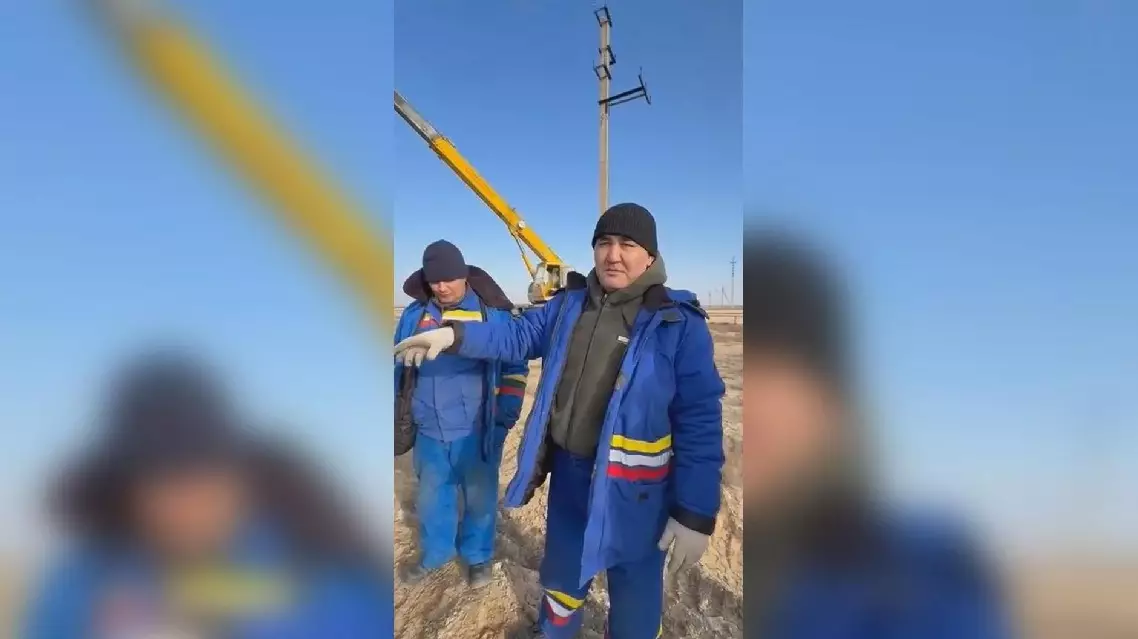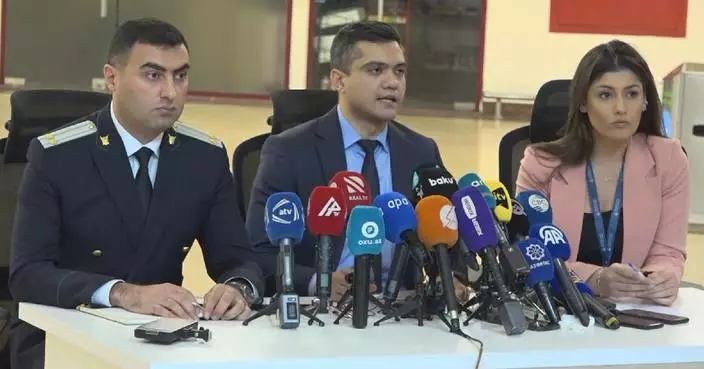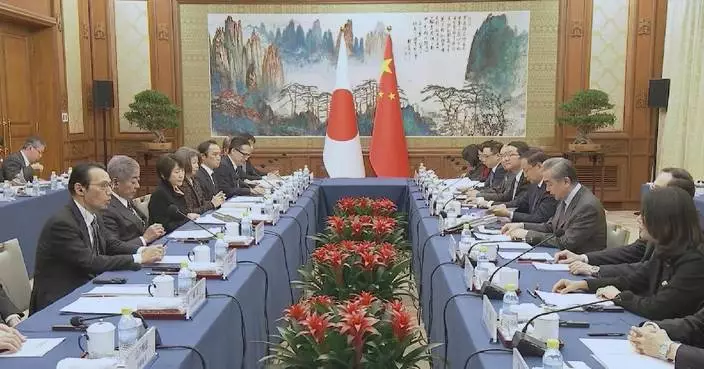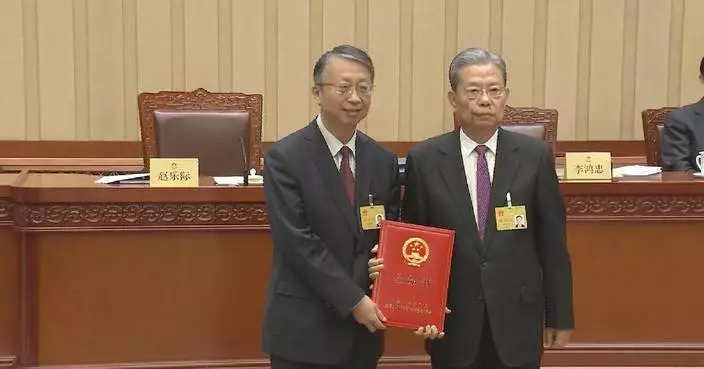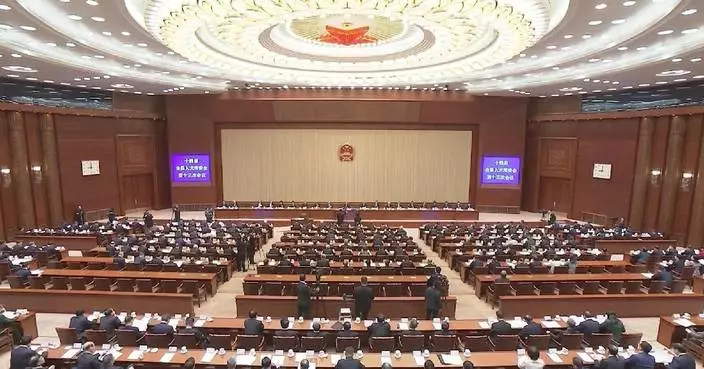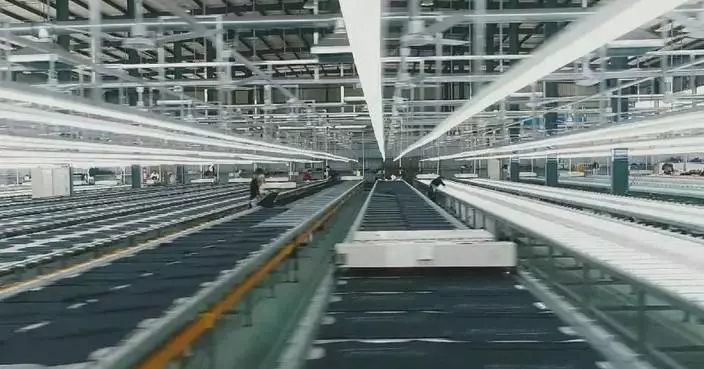Japan should not recommit the same error of carrying out the mistaken state policy but must adhere to the path of peace, Japanese Foreign Minister Takeshi Iwaya said in an exclusive interview with Phoenix TV in Tokyo on Tuesday.
In the interview with the Chinese media outlet ahead of his visit to China, Iwaya reaffirmed his commitment to the principles behind the 1993 Kono Statement and the 1995 Murayama Statement, both of which offered formal apologies for the damage and suffering Japan caused to its Asian neighbors during World War II.
Speaking of his views on that part of history, Iwaya, who regards himself as "one of the most junior disciples" of former Japanese Prime Minister Kakuei Tanaka, said, "I always believe that we must inherit the concept and spirit of pioneers like Mr. Tanaka, who realized the normalization of relationship between Japan and China. Japan has already made statements on historical issues in the past, and we must carry forward the spirit of these statements."
On Sept. 25, 1972, the then Japanese Prime Minister Kakuei Tanaka visited China. On Sept. 29, the Chinese and Japanese governments issued the Sino-Japanese Joint Statement, normalizing the diplomatic relations between the two countries and opening a new page in bilateral relations.
Acknowledging Japan's historical mistakes, Iwaya emphasized the importance of a peaceful development path.
"I personally believe that our country carried out wrong state policies at certain periods of time. Therefore, we must not repeat these mistakes and must adhere to the path of being a peaceful nation, continuing to move forward steadfastly," he said.
Iwaya also underscored that there should be no space for anti-Japanese or anti-Chinese sentiments in bilateral ties.
"On the one side, there is 'anti-Japanese' sentiment, and on the other, there is 'anti-Chinese' sentiment. Both the sentiments should be done away with, and it is a must to eliminate this antagonism. China is a very important and eternal neighbor of Japan. Japan and China should always develop diplomatic relations with this point at the core. This is the most important point," he said.
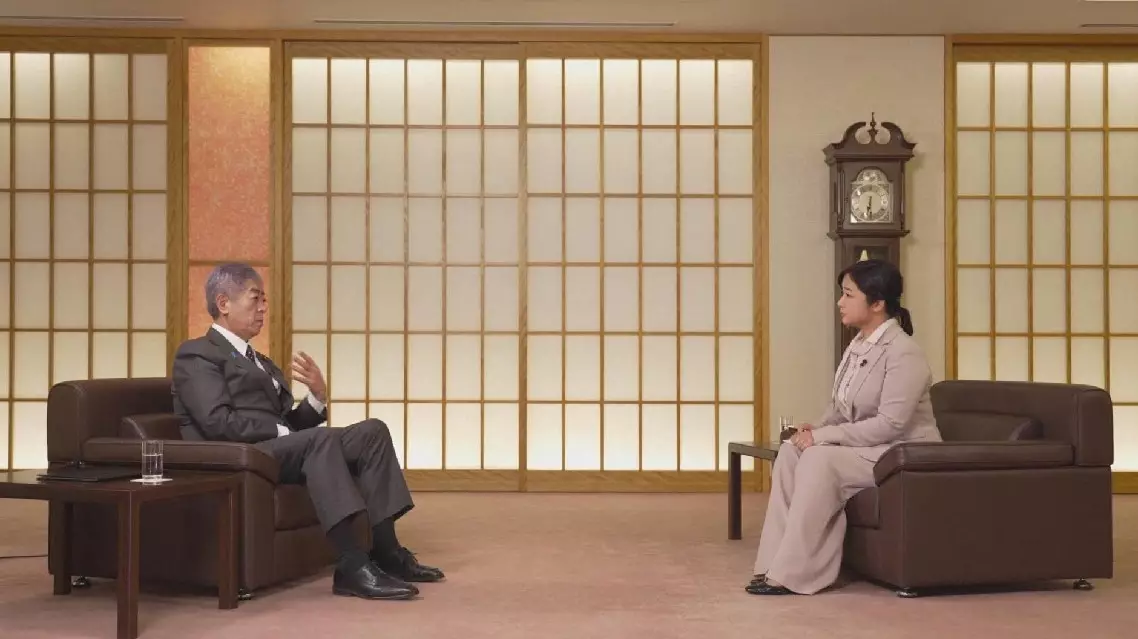
Japan must avoid repeating historical mistakes: FM


